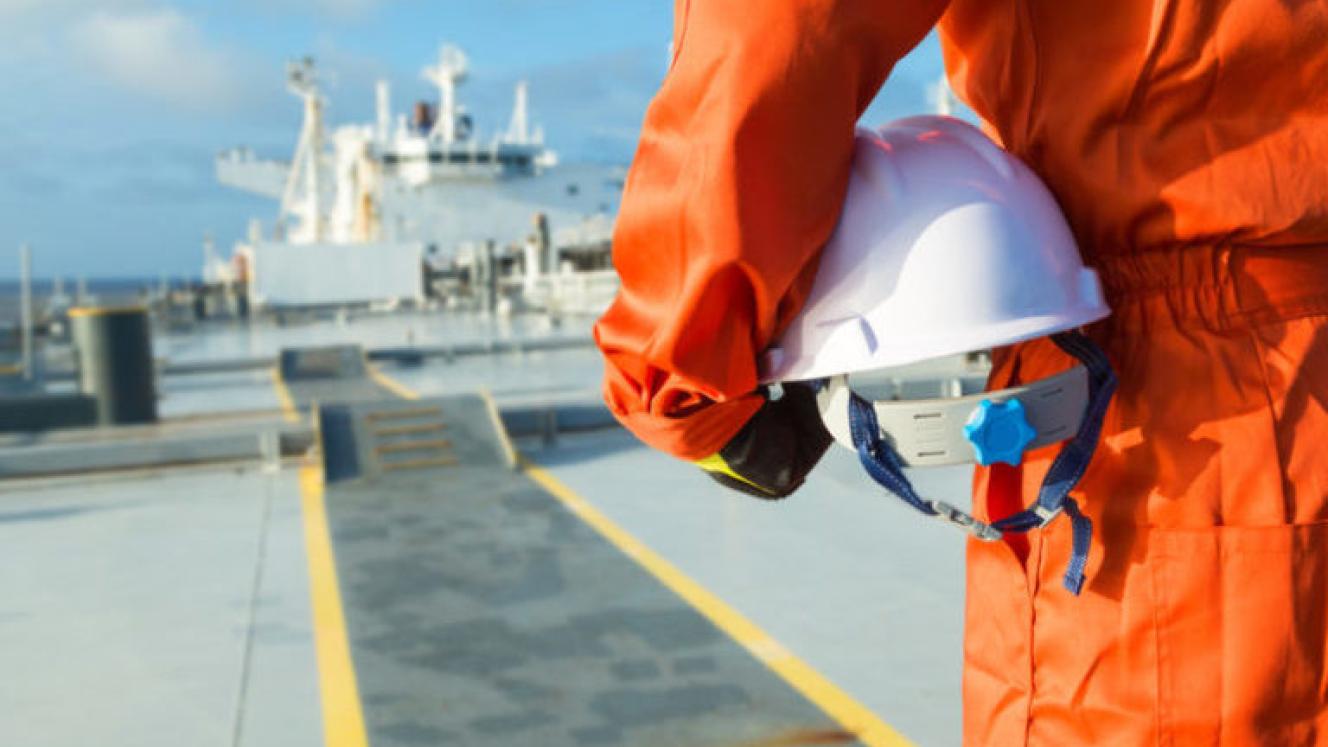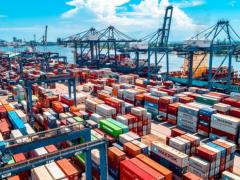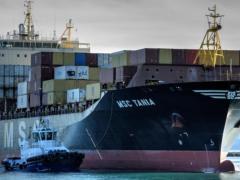In a landmark ruling, governments have been told that they must act to help the hundreds of thousands of seafarers still onboard ships due to the unlawful actions of member states.
A committee of 20 eminent jurists has found that governments have failed to protect the minimum standards for the protection of seafarers’ rights, as set out in international law under the Maritime Labour Convention (MLC) 2006. This includes basic rights such as access to healthcare, repatriation, annual leave and shore leave.
The finding follows submissions made by the International Transport Workers’ Federation (ITF) and the International Chamber of Shipping (ICS).
In a joint statement, ITF general secretary Stephen Cotton and ICS secretary general Guy Platten said: “Governments have been asked for months to address the crew change crisis.
“It is both legally and morally wrong for countries to continue to expect seafarers to work indefinitely, supplying the world with food, medicine and vital supplies, while depriving them of their fundamental rights as seafarers, as workers, and as humans. Platten believes that this landmark ruling is a clear vindication of what seafarers’ unions and shipowners have been saying for the past nine months.
It makes it clear that all governments have to follow international law and urgently recognise seafarers as key workers with practical effect. This means allowing seafarers to get off in ports for medical attention. It means enabling seafarers to get to an airport to fly home when their contracts are finished. And it means allowing replacement crews through a country’s border to join those waiting ships without having to battle a mountain of bureaucracy. “To date, only 46 countries have classified seafarers as key workers, which is simply not good enough,” says Cotton.
“We welcome the intervention from the ILO Committee of Experts in spelling out how governments have failed in their obligations. The committee is unequivocal in its critique on the lack of required cooperation by governments. It criticises states for allowing the situation to persist for so long.”
The pandemic has affected around 400 000 seafarers who have been unable to go home or be replaced. Hundreds of thousands of workers are being forced to overrun their contracts and are currently stuck at sea or are waiting to start their tours of duty.













